AI, Machine Learning, & Data Science | Algorithms & Data Structures
Instructors
70% of our instructors come from the Ivy League, Stanford, Oxford & Cambridge. 60% of our instructors have been with Horizon for 4+ years. Here are some of them:
Filters


Guillermo Goldsztein
Professor, Georgia Tech (Georgia Institute of Technology)
University of Buenos Aires, where he developed a deep fascination for the subject. His academic journey continued, and in 1997, he achieved a remarkable milestone by obtaining his PhD in mathematics from the renowned Massachusetts Institute of Technology (MIT). This journey not only shaped his career but also fueled his passion for teaching and research in the field.
read more



Dr. Edoardo Gallo
Associate Professor, the University of Cambridge
Edoardo Gallo is an Associate Professor at the Faculty of Economics at the University of Cambridge and an Official Fellow in Economics at Magdalene College, Cambridge. He is also an Associate Member at Nuffield College (Oxford) and a Fellow at the Cambridge Endowment for Research in Finance. His research sits at the intersection of the economics of networks, experimental economics, and behavioral economics. The fundamental question it investigates is how the structure of social networks causally affects individual behavior and economic outcomes in a wide range of contexts. Prior to coming to Cambridge, he was a Junior Research Fellow at Christ Church (Oxford) and completed his A.B. in Physics and Mathematics at Harvard University. He has taught political economy, behavioral economics, networks, economic theory, behavioral finance, and mathematics at the University of Cambridge, University of Oxford, and Harvard University. Gallo earned his D.Phil. (PhD) in Economics from the University of Oxford.
read more



Dr. David Rezvani
Lecturer and Research Assistant Professor, Dartmouth College
Self-Rule, and Security Advantages of Partially Independent Territories (Oxford University Press, 2014). Rezvani’s research interests include political integration, Asian politics, and US foreign policy. His work has appeared in the Political Science Quarterly, Journal of Contemporary Asia, Ethnopolitics, and the International Encyclopedia of the Social Sciences. He has held research fellowships at Harvard University’s Kennedy School of Government and has won research grants from Harvard University, Oxford University, Trinity College, the Smith Richardson Foundation, Boston College, and Hong Kong University. As a speaker of English, Mandarin Chinese, and Persian, he has conducted fieldwork in Europe, China, and the Middle East. He earned his D.Phil. from the University of Oxford.
read more



Megan Latshaw
Associate Teaching Professor, Johns Hopkins University
Megan Weil Latshaw, PhD is the Director of the Master’s Degree Programs in the Department of Environmental Health and Engineering at the Johns Hopkins University Bloomberg School of Public Health. She also serves as co-chair of University’s Sustainability Plan Steering Committee, and as core faculty for the Environmental Challenges Focus Area of the Bloomberg American Health Initiative. As faculty at Hopkins, her efforts focus on designing healthy communities, connecting environmental health research with the real world, and improving environmental health surveillance (all through a justice and equity lens).
read more


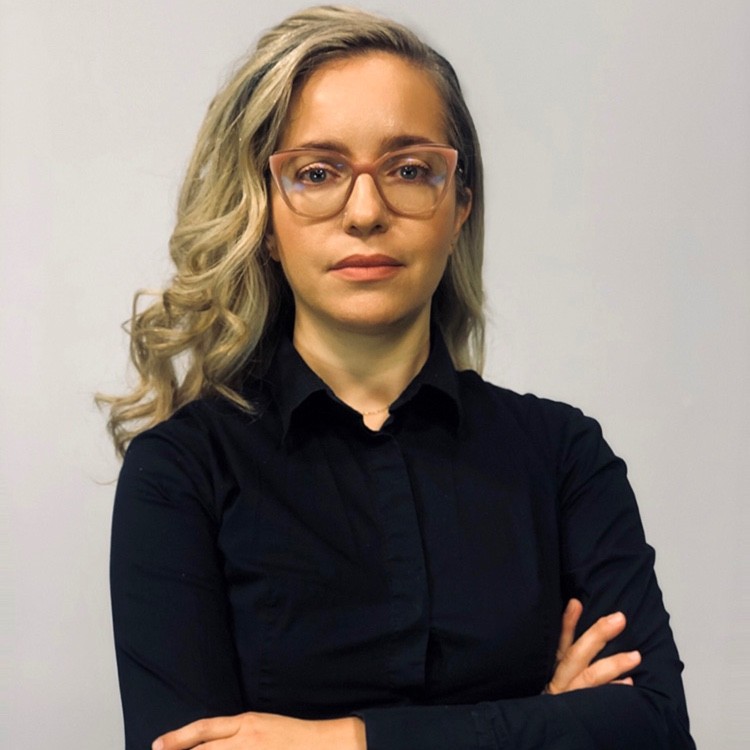
Dr. Maria Konte
Research Scientist, Georgia Tech
Dr. Maria Konte is a Research Scientist at Georgia Tech's School of Computer Science and its Institute for Information Security & Privacy. Her research combines network security, traffic analytics, and machine learning to develop tools and methodologies for improving network security. Her work on network reputation as a defense against cybercriminal infrastructures has been featured at ACM SIGCOMM15 and NANOG62 Research Track.
read more



Dr. Vladimir Chernov
Professor, Dartmouth College
Vladimir Chernov has worked at the ETH Zurich, Max Planck Institute for Mathematics, Bonn and Zurich University. Currently he is a Full Tenured professor at Dartmouth College, where he has taught since 2001. He is an author of more than 30 research papers in the Mathematics and Mathematical Physics research journals. His works appeared in Geometry and Topology, Topology, Geometric and Functional Analysis, Algebraic and Geometric Topology, Communications in Contemporary Mathematics, Communications in Mathematical Physics, Geometry and Physics and Journal of Mathematical Physics. He has had collaboration grants from the Simons Foundation.
read more


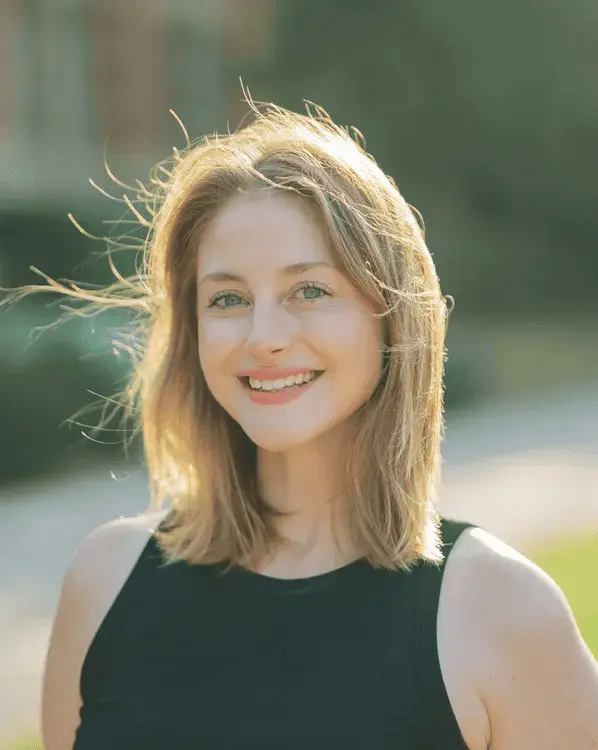
Dr. Bridget Callaghan
Assistant Professor, the University of California, Los Angeles (UCLA)
Dr. Bridget Callaghan is an Assistant Professor of Psychology at the University of California, Los Angeles (UCLA) and is the director of the Brain and Body Lab (BABLab), which opened in 2019. Her work examines interactions between mental and physical health across development. Bridget has experience working with animal models of early adversity, as well as in behavioral, fMRI, and biological research within human populations. Her work at the BaBLab examines how different early life experiences influence interactions between physical and mental health across the lifespan, with the goal of using this research to create better mental and physical health treatments across development, informed by psychological functioning, trauma history, and central and peripheral biology.
read more


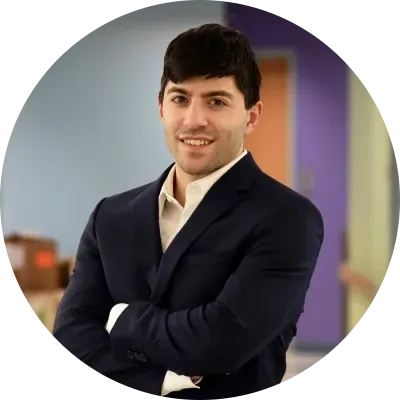
Dr. Parsa A.
Manager, Regeneron
Dr. Parsa A. has both academic and commercial experience in the application of statistical analysis to generate commercial and scientific value. He has worked for UCB Biopharma to develop Machine Learning algorithms predicting the side effects of drug compounds. His research has lead to the discovery of new drug targets including GPR75 for the treatment of obesity and multiple others, 1 patent granted and 6 patent applications pending.
read more


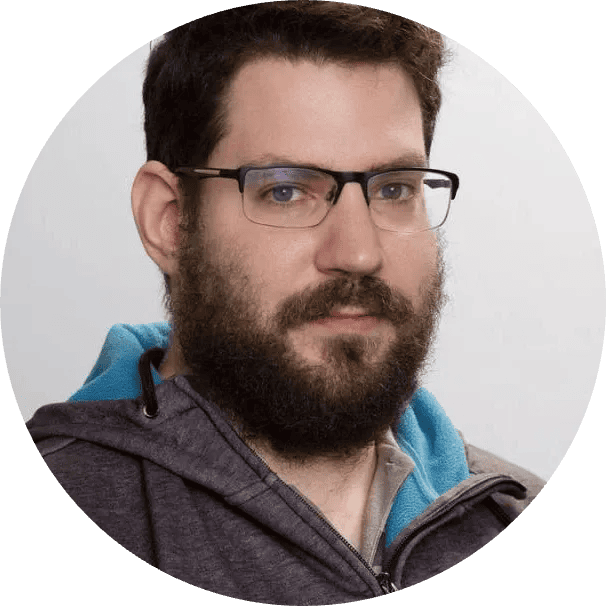
Dr. Andreas G.
Andreas is a Postdoctoral Research Fellow affiliated with the Computer Lab of the University of Cambridge. His interests lie in the intersection of Machine Learning and its applications to healthcare and scheduling within large scale systems – with a particular interest in the broad federated learning domain. The outcome of his research led to multiple publications in high-impact venues and journals such NeurIPS, KDD, ICASSP, TNSE, TPAMI, NPJ, and others. He is also a founding member of the COVID-19 Sounds initiative, which is a pioneering project aimed at diagnosing COVID-19 through the use of voice, breathing, and coughing sounds. Further, during these activities he was the supervisor of several students undertaking their undergraduate or master thesis in the aforementioned topics, all of which successfully defended.
read more


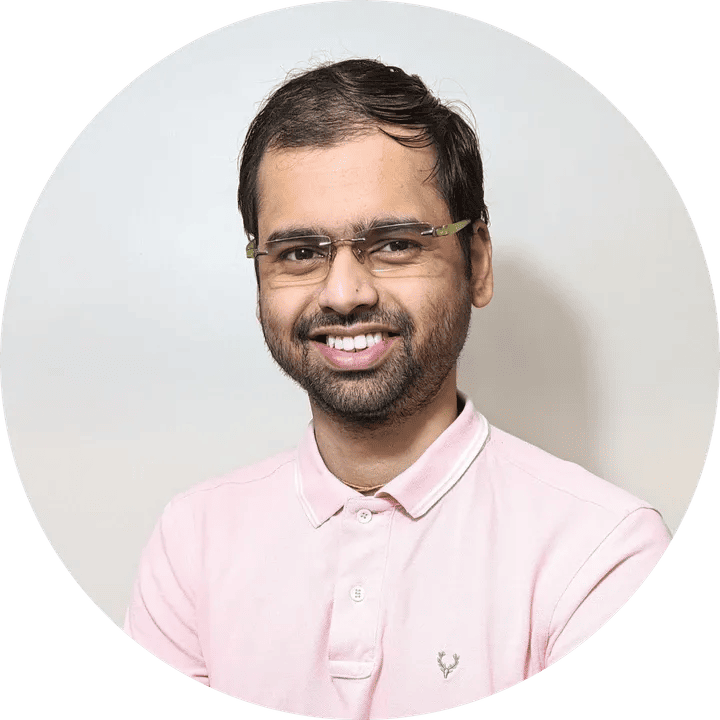
Pramit Saha
Pramit is a PhD candidate in the Department of Engineering Science at the University of Oxford and part of its Biomedical Image Analysis (BioMedIA) cluster. His research interests primarily lie in the areas of machine learning, deep learning, computer vision, medical image analysis, brain computer interfaces, and human speech motor control. More specifically, Pramit’s work focuses on developing federated learning algorithms for facilitating multi-institutional collaborations in healthcare. He also works on solving challenges related to class imbalance, non-IID data distribution, self-supervised and semi-supervised learning. In 2020, Pramit was awarded the prestigious Young Scientist Award by MICCAI Society for his contributions towards developing machine learning models for artificial speech synthesis from tongue movements. Prior to this, Pramit graduated from the University of British Columbia, Vancouver, Canada, with an MASc degree in Electrical and Computer Engineering in February 2021.
read more

Show More